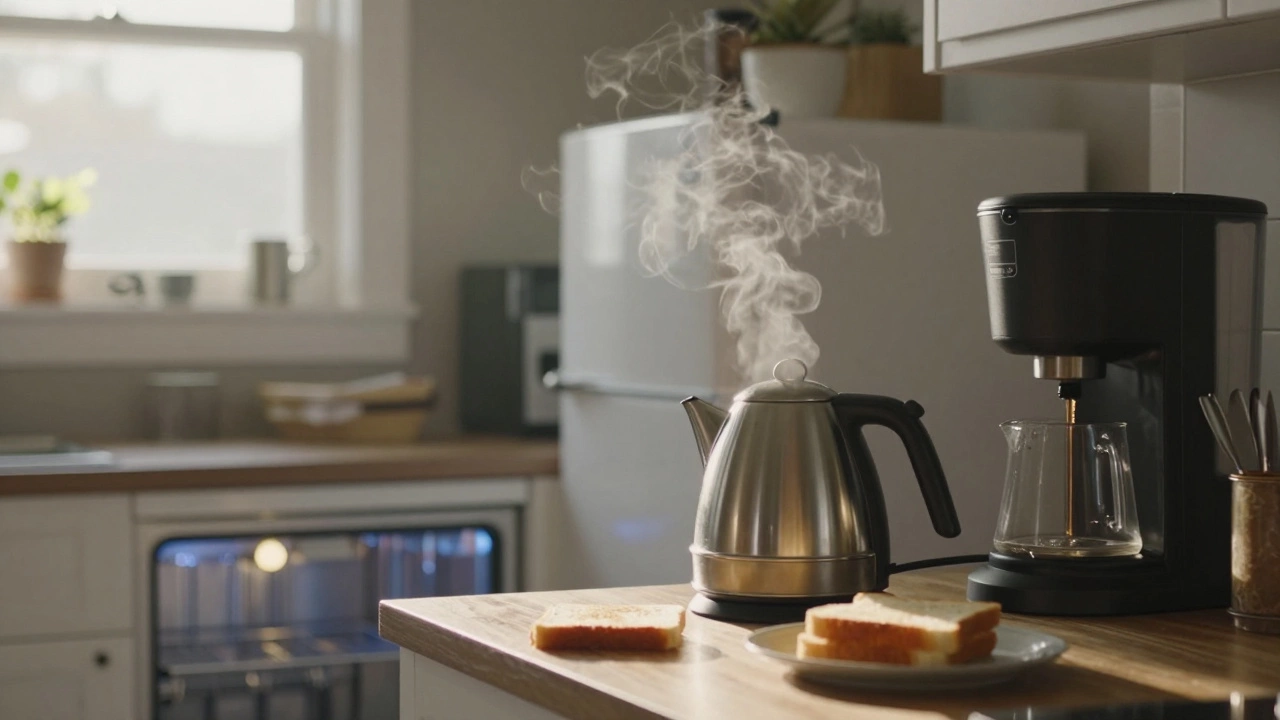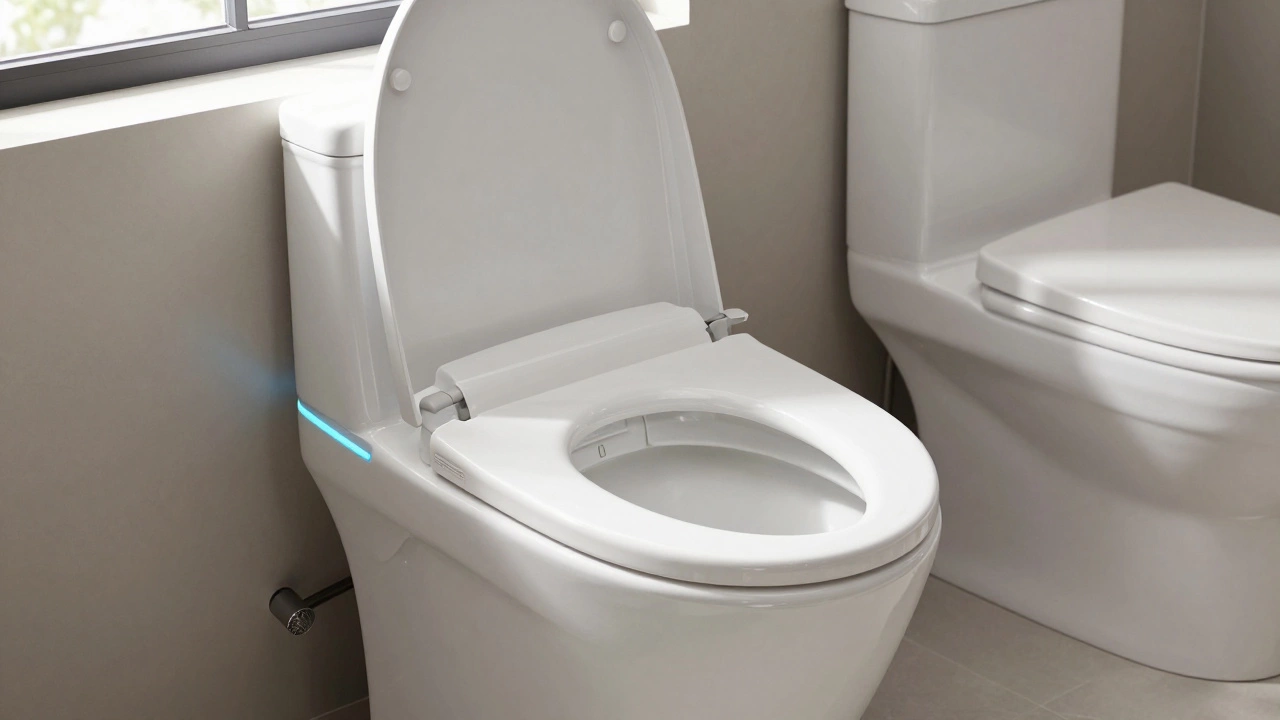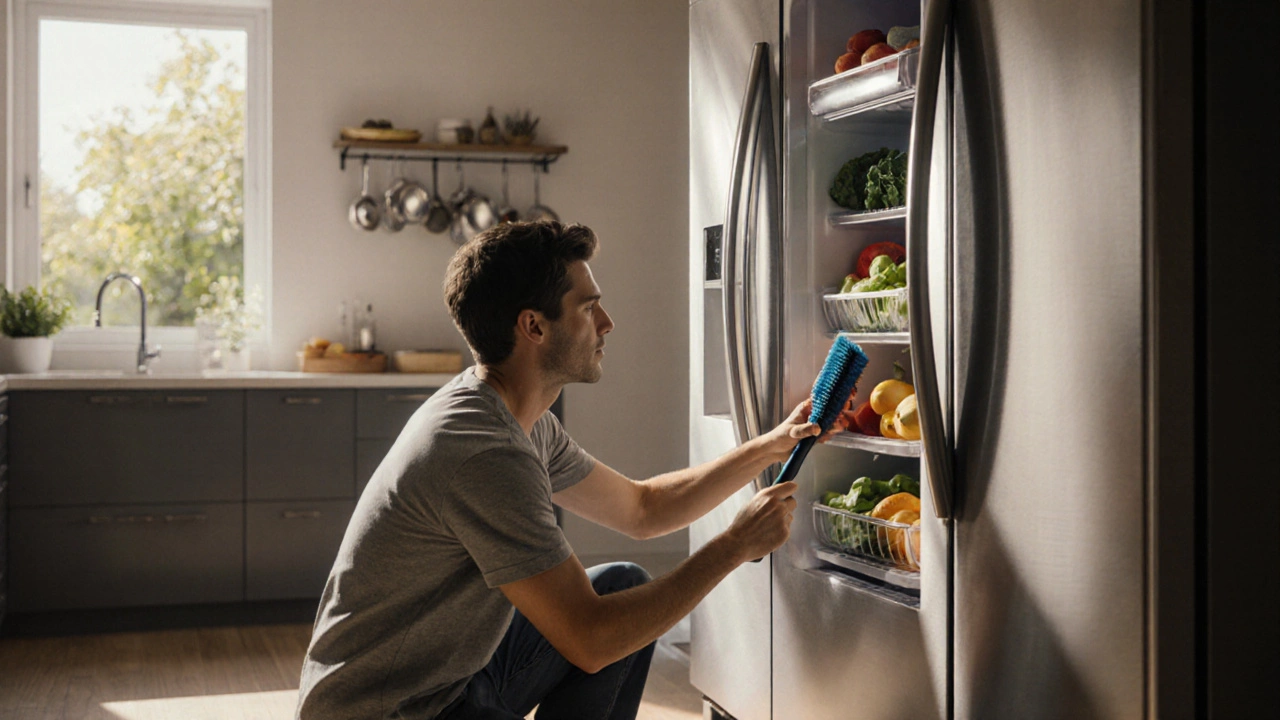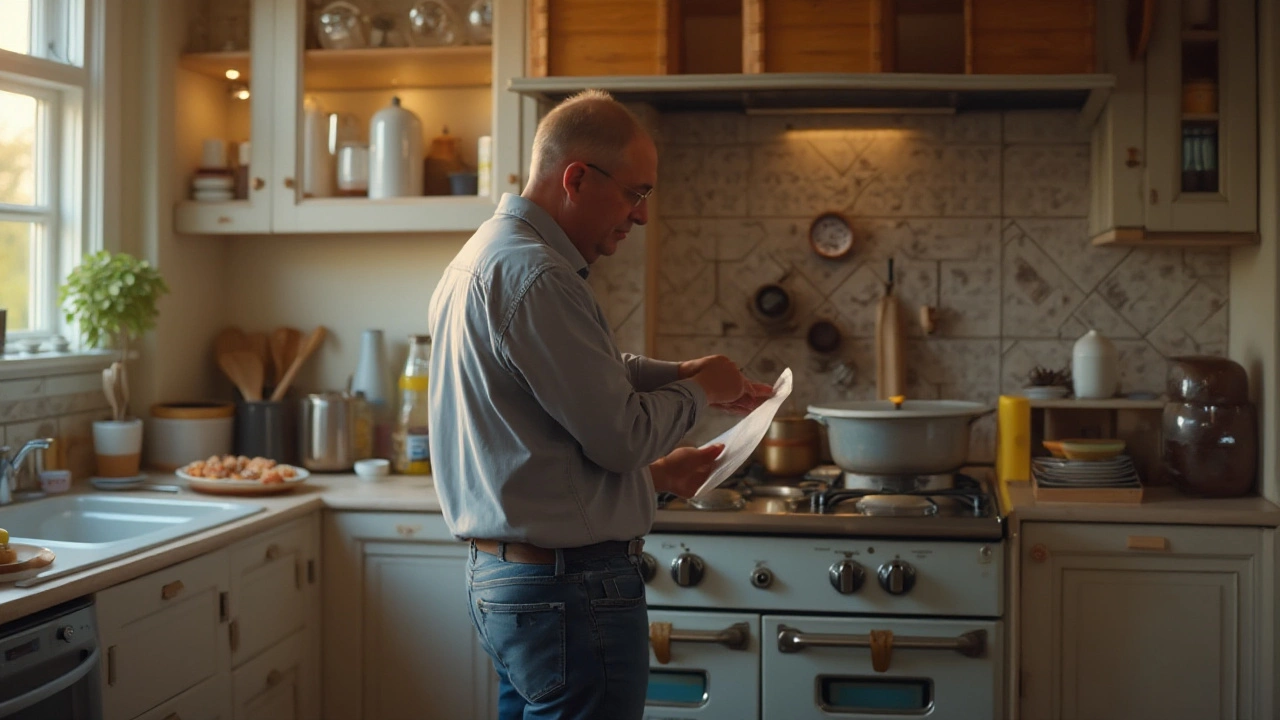Home Appliances: Practical Tips for Fixing, Maintaining, and Choosing Repair Help
If your fridge stops cooling or the washing machine makes a rattling noise, you’re not alone. Most households face appliance hiccups at least once a year. The good news? Many issues are easy to spot and fix, and when you do need a professional, you’ll know exactly what to look for.
Common Issues & Quick Fixes
Below are the everyday problems you’ll see on the most popular appliances and a short step‑by‑step you can try before calling anyone.
Refrigerator not cooling: Check the condenser coils behind the unit. Dust buildup blocks airflow and forces the motor to work harder. Unplug the fridge, pull it away from the wall, and vacuum the coils with a brush attachment. If the temperature still stays warm, the thermostat or compressor might be at fault – that’s a sign to call a pro.
Washing machine won’t spin: First, examine the door latch. A loose latch can stop the spin cycle as a safety precaution. Next, look at the drain hose for kinks or blockages. Clear any debris and run a short cycle. If the drum still refuses to spin, the drive belt or motor coupler may need replacement.
Oven heating unevenly: Turn the oven off and let it cool completely. Remove the oven racks and clean any food residue from the heating elements – burnt crumbs can cause hot spots. If the oven still shows temperature swings, the thermostat or control board could be the culprit.
Dishwasher not draining: A clogged filter is the most common cause. Remove the bottom rack, locate the filter, and rinse it under warm water. Also, inspect the drain hose for blockages. If water remains after a cycle, the pump may need a professional look.
Microwave making sparks: Stop using it immediately. Sparks usually mean a failing magnetron or a damaged waveguide cover. Neither is safe to repair yourself, so schedule a service call.
When to Call a Pro
Even with a bit of DIY know‑how, some jobs are best left to trained technicians. If you notice any of these signs, call Hinckley Home Appliance Repair Services right away:
- Electrical smells or sparks – could be a serious fire hazard.
- Repeated breakdowns after you’ve tried fixes – the root cause may be deeper.
- Appliance age exceeds 10‑12 years and parts are hard to find.
- Complex components like control boards, compressors, or magnetrons need replacement.
- You’re unsure about handling refrigerants, gas lines, or high‑voltage parts.
Our technicians in Hinckley specialize in refrigerators, washers, ovens, dishwashers, and more. They carry the right parts, work safely, and usually finish most jobs within a few hours. Booking a service saves you time, avoids further damage, and extends the life of your appliance.
Regular maintenance goes a long way, too. Schedule a yearly check‑up for big appliances, wipe down seals, keep coils clean, and run an empty hot cycle on your washing machine to clear lint. Small habits like these cut down on costly repairs.
Bottom line: Most home appliance hiccups have a simple cause you can troubleshoot yourself. When the fix gets beyond basic cleaning, part replacement, or involves electricity or gas, trust the local experts at Hinckley Home Appliance Repair Services. They’ll get your kitchen and laundry back on track without the guesswork.
26 February 2026
·
0 Comments
Appliances do far more than make life easier - they save time, control environments, prepare food, automate chores, and improve safety. Understanding what they do helps you maintain them longer and avoid costly breakdowns.
Read more
12 February 2026
·
0 Comments
Is a toilet an appliance? While it's essential and often repaired like one, it's officially classified as a plumbing fixture-not an appliance. Learn why the distinction matters for repairs and home maintenance.
Read more
26 October 2025
·
0 Comments
Learn what appliance maintenance is, why it matters, and how to set up a simple service schedule with DIY tips and professional guidelines.
Read more
26 June 2025
·
0 Comments
Discover the real meaning of appliance service, what it covers, why it's needed, and how it helps keep your appliances running longer. Packed with practical tips and facts.
Read more
4 January 2025
·
0 Comments
Deciding whether to fix a 7-year-old oven involves weighing the cost of repairs against the price of a new appliance, evaluating the oven's current performance, and considering its energy efficiency. This article delves into the benefits of repairing versus replacing and offers practical guidance for making financially and environmentally sound decisions. Learn about telltale signs when a repair might not be worth it and discover tips for keeping your oven in peak condition. Understanding these factors can help you make an informed choice that suits your household's needs.
Read more






